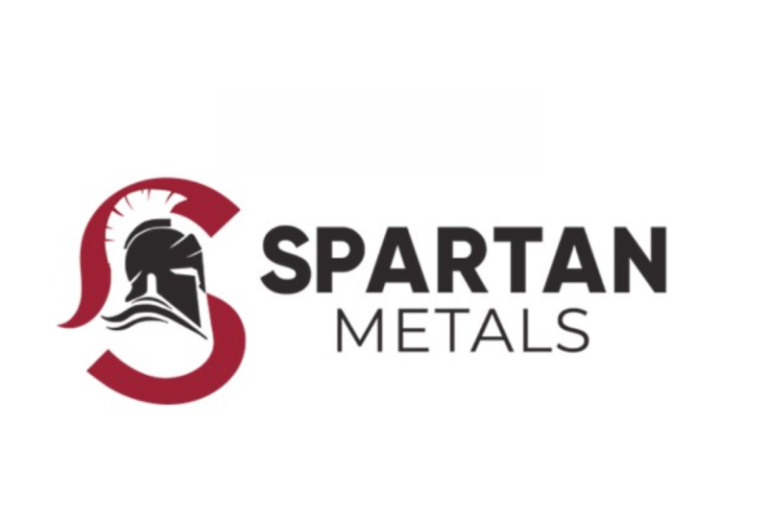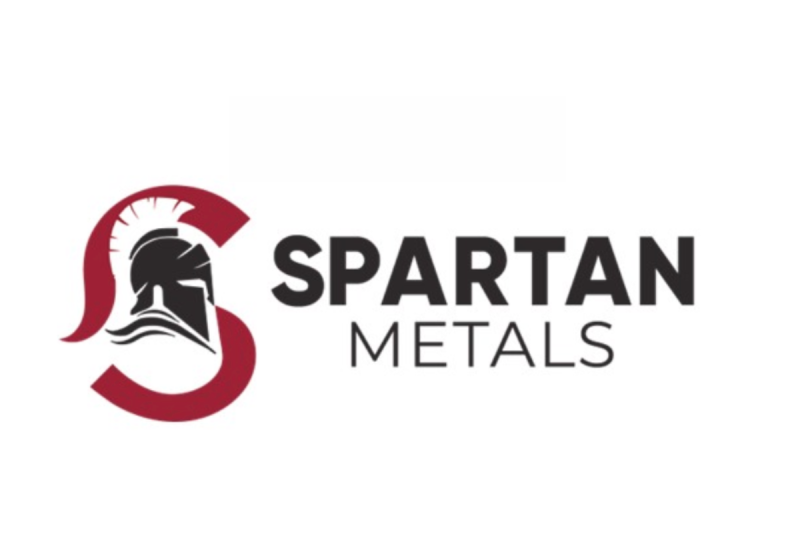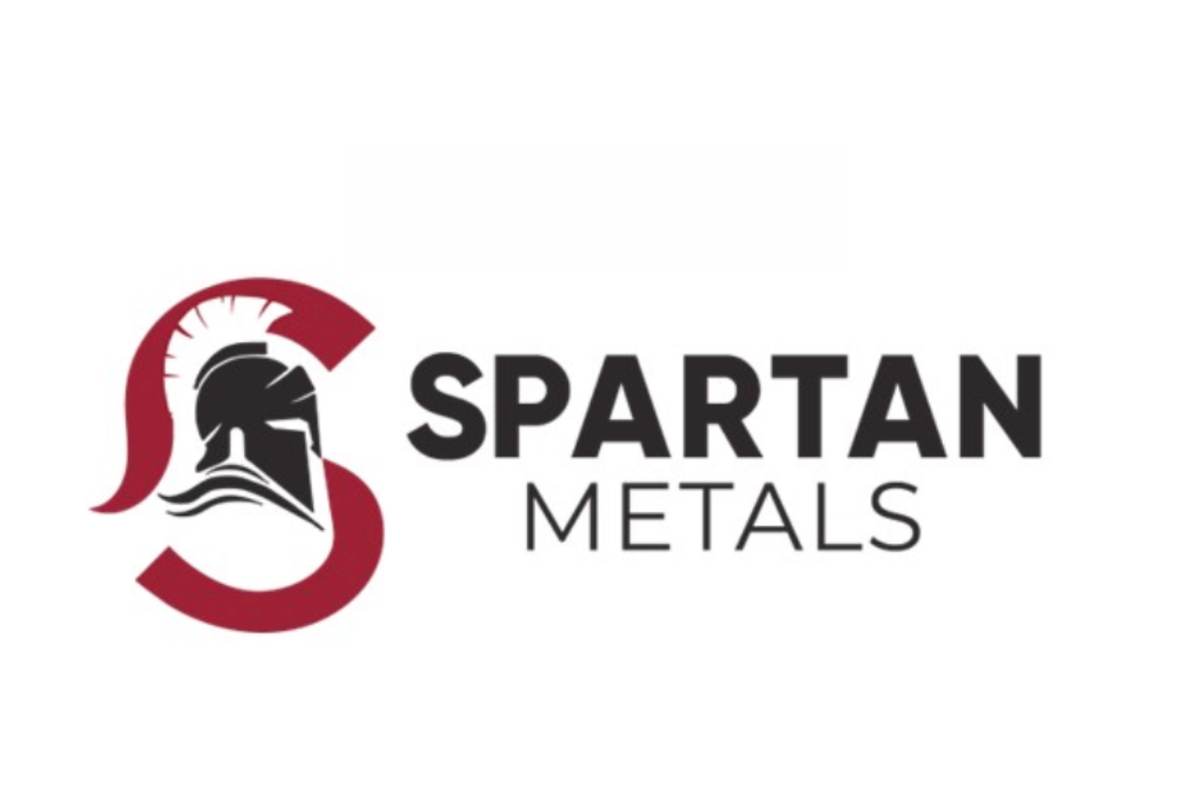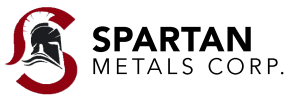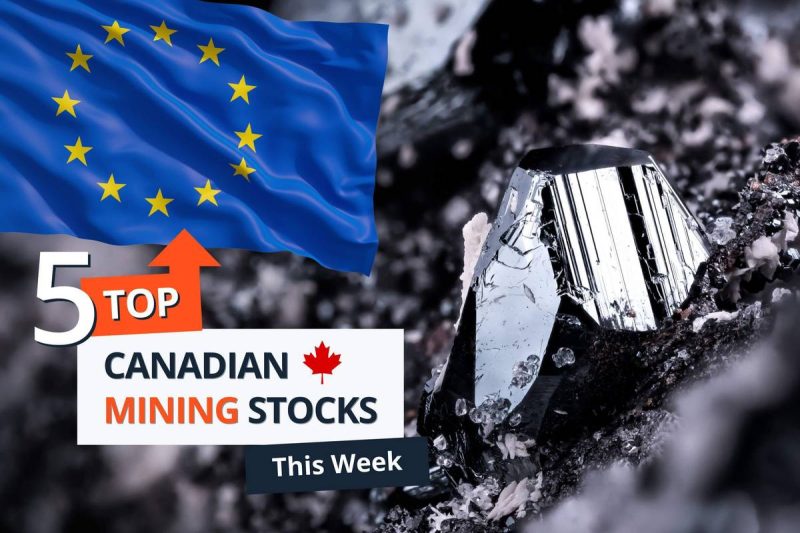

On Monday (January 19), Statistics Canada released the consumer price index (CPI) figures for December. The data showed an uptick in inflation to 2.4 percent year-over-year, up from 2.2 percent in November.
Much of the increase was driven by a 5 percent increase in grocery prices and an 8.5 percent increase in food purchased from restaurants. StatsCan noted that the rise coincides with the GST/HST holiday that began on December 14, 2024, which primarily affected those two categories. The holiday ended on February 15, 2025.
Balancing out the increase were declines in prices at the pump, with gas prices falling 13.8 percent year-over-year, following a 7.8 percent decrease in November.
The reporting agency also released its annual CPI review on Monday. In that release, StatsCan indicated that on an annual average basis, CPI rose 2.1 percent in 2025, after recording a 2.4 percent increase in 2024. The year’s growth rate also marked the smallest increase since 2020. However, over the past 5 years, consumer prices have increased by 19.9 percent.
In 2025, energy prices declined 5.7 percent after a modest 0.6 percent decrease in 2024 due to the removal of the carbon tax. On the other hand, grocery prices rose by 3.5 percent in 2025, after a 2.2 percent increase in 2024.
Statistics Canada released its November monthly mineral production survey on Tuesday (January 20). StatsCan noted that data from September and October were revised for this release, with October’s figures for gold, silver, and copper production receiving downward revisions.
As for November’s numbers, gold production decreased to 18,086 kilograms compared to 18,342 kilograms in October. Meanwhile, copper production rose to 39.7 million kilograms from 39.3 million kilograms, and silver production fell to 23,198 kilograms from 27,169 kilograms.
Gold shipments rose to 17,625 kilograms from 15,145 kilograms, and silver shipments grew to 27,799 kilograms from 26,207 kilograms. Copper shipments increased to 45.87 million kilograms from 26.45 million kilograms.
This week also marked the latest meeting of the World Economic Forum in Davos, Switzerland. In a speech at the forum, Canadian Prime Minister Mark Carney made waves when he spoke of a rupture in the world order and the importance for middle powers to diversify their relationships amid the uncertainty that has arisen among the world’s superpowers.
The speech was broadly hailed by world leaders, including Mexico’s President Claudia Sheinbaum, Finnish President Alexander Stubb and California Governor Gavin Newsom, who said, ‘I respect what Carney did because he had courage of convictions, he stood up, and I think we need to stand up in America and call this out with clarity.’
However, some US leaders were less complimentary, with US Commerce Secretary Howard Lutnik calling the speech “political noise.” It may also be among the reasons that US President Donald Trump rescinded his invitation for Carney to join his newly minted “Board of Peace” on Thursday (January 22).
For more on what’s moving markets this week, check out our top market news round-up.
Markets and commodities react
Canadian equity markets were mixed this week.
The S&P/TSX Composite Index (INDEXTSI:OSPTX) gained 0.34 percent over the week to close Friday at 33,144.98, while the S&P/TSX Venture Composite Index (INDEXTSI:JX) fared better, rising 5.53 percent to 1,154.15. The CSE Composite Index (CSE:CSECOMP) went the other way, losing 0.39 percent to close at 187.36.
The gold price continued to trade at all-time highs this week, reaching US$4,989.94 on Friday afternoon. Overall, it gained 7.96 percent on the week to trade at US$4,984.92 by Friday at 4:00 p.m. EST.
The silver price performed even better, officially hitting triple digit silver when it broke above US$100 per ounce on Friday at new highs. It posted a weekly gain of 11.19 percent, closing Friday at US$102.72. Silver has gained nearly 42 percent since the start of 2026 and 233 percent from this same time last year.
In base metals, the Comex copper price rose 1 percent this week to US$5.98.
The S&P Goldman Sachs Commodities Index (INDEXSP:SPGSCI) rose 3.61 percent to end Friday at 584.13.
Top Canadian mining stocks this week
How did mining stocks perform against this backdrop?
Take a look at this week’s five best-performing Canadian mining stocks below.
Stocks data for this article was retrieved at 4:00 p.m. EST on Friday using TradingView’s stock screener. Only companies trading on the TSX, TSXV and CSE with market caps greater than C$10 million are included. Mineral companies within the non-energy minerals, energy minerals, process industry and producer manufacturing sectors were considered.
1. Euro Manganese (TSXV:EMN)
Weekly gain: 134.29 percent
Market cap: C$23.56 million
Share price: C$0.41
Euro Manganese is a manganese development company working to advance its Chvaletice waste recycling project. The operation is focused on extracting manganese from tailings that are part of a decommissioned mine site near Prague, Czechia. As part of the project’s scope, the company says it will carry out remediation and reclamation work to bring the site into compliance with environmental regulations.
A 2022 feasibility study for the Chvaletice project indicates that it will produce 48,000 metric tons of manganese per year and is expected to have a project life of 25 years. In the study, the company reports a post-tax net present value of US$1.3 billion with an internal rate of return of 22 percent and a payback period of 4 years.
Shares in Euro Manganese were up this week, but the company has not released news since January 13, when it announced that John Webster tendered his resignation from the company’s board of directors.
Euro noted on Friday that it was unaware of any material change in its operations that could have caused the price rise.
2. Kingfisher Metals (TSXV:KFR)
Weekly gain: 106.35 percent
Market cap: C$38.24 million
Share price: C$0.65
Kingfisher Metals is an exploration company focused on its HWY 37 project located in British Columbia, Canada.
The property, located in BC’s Golden Triangle, covers 933 square kilometers and hosts several porphyry and epithermal copper and gold deposits, including Hank and Williams, which were identified during historical exploration of the site.
On January 13, the company announced additional results from its 2025 exploration and drill program at HWY 37, releasing assays for three drill holes at the Williams deposit, two of which some of Williams’ longest copper intercepts yet. Kingfisher highlighted one hole, with grades of 0.47 percent copper equivalent over 889.35 meters, starting 3.65 meters from surface, which also included an interval of 1.16 percent copper equivalent over 40 meters.
Then on Thursday (January 22), Kingfisher reported that it had received the final results from the program, this time in the form of a deep drill hole at the Hank epithermal gold-silver system. While the hole intersected Hank’s typical mineralisation in the upper half of the hole, starting at 534 meters it encountered a 425 meter interval grading 0.4 percent copper equivalent.
The company said this represented a blind discovery, with no previous porphyry copper and gold mineralization being reported at Hank.
“The final hole of the 2025 program validates our long-standing belief that the shallow Hank Au-Ag epithermal mineralization is driven by a large porphyry Cu-Au system,” said Kingfisher CEO Dustin Perry.
3. Core Critical Metals (TSXV:CCMC)
Weekly gain: 94.68 percent
Market cap: C$15.04 million
Share price: C$1.83
Core Critical Metals is an exploration company working on its Timmins nickel project in Ontario, Canada. The company was previously known as Xander Resources but announced in August that it was changing its name to Core Critical Metals.
The project holds a strategic position, with two properties totaling 393 claims located west along trend from Canada Nickel Company’s (TSXV:CNC,OTCQX:CNIKF) Crawford property and adjacent to Canada Nickel’s Reid discovery.
On Monday, Core Critical Minerals issued a release congratulating Canada Nickel on the success of Crawford’s development. It also noted Crawford’s inclusion for the second tranche of projects from the Government of Canada’s Major Project Office in November 2025, and the more recent designation under Ontario’s One Project, One Process framework on January 13.
Additionally, the company announced on January 15 that it had issued 1.24 million common shares to settle a C$400,000 exploration debt with the vendor of a property option agreement for the CNC West property. It followed this news the next day when it announced a two-for-one stock split on January 16.
4. GoldHaven Resources (CSE:GOH)
Weekly gain: 94.44 percent
Market cap: C$10.3 million
Share price: C$0.35
GoldHaven Resource is an exploration and development company advancing projects in British Columbia and Brazil.
Its most recent focus has been on its Magno project in BC’s Cassiar mining district. The property consists of 53 mineral claims covering 36,814.16 hectares and borders mineral claims held by Cassiar Gold (TSXV:GLDC,OTCQX:CGLCF) and Coeur Mining (NYSE:CDE).
The site hosts silver, lead and gold mineralization at Magno North, with additional quantities of tin, indium and gallium. Porphyry targets at Magno West have shown mineralization with copper and molybdenum.
Since the start of the year, the company has released a trio of updates from Magno.
The first came on January 6, when it announced that preliminary assays from surface exploration confirmed the presence of silver, lead, zinc, tungsten and critical minerals across multiple zones at the property. The release highlighted grades of up to 2,370 grams per metric ton silver, 19.25 percent zinc, 6,550 parts per million (ppm) tungsten and 334 ppm indium.
The second release came on January 14, providing additional information on its tungsten results, noting that exploration confirmed anomalous tungsten mineralization at the historical Kuhn and Dead Goat showings, and found a new tungsten zone at Vines Lake.
The most recent release came on Thursday when GoldHaven reported that indium grades at the site show it is a ‘meaningful critical mineral component of the Magno system.’ These elevated grades were found to be restricted to the Magno and D Zones, as well as the Kuhn and Dead Goat showings.
5. Ascot Resources (TSX:AOT)
Weekly gain: 91.21 percent
Market cap: C$38.24 million
Share price: C$1.74
Ascot Resources is a Canadian gold exploration and development company focused on the negotiating the restart of mining operations at its Premier gold project, and on its Red Mountain gold project.
The site is located within the Golden Triangle area of Northern British Columbia, and hosts the Premier, Silver Coin and Big Missouri deposits, as well as one of only three mills in the region.
Production at the mine began in April 2024, but operations were placed on care and maintenance in September 2024. At the time, the company said it had fallen behind schedule in developing the mine and did not have enough material to feed the mill.
In an update from April 2025, the company said it was anticipating the mine would restart in early August at an initial rate of 1,250 metric tons per day. However, on June 25, Ascot announced that the mine would not restart as negotiations with mining contractor Procon Mining regarding the cost of mining services had stalled.
On October 23, the company announced that the mine would remain on care and maintenance and that it had engaged Fiore Management to assist with restructuring, refinancing and enhancing the leadership team at Ascot.
Since that time, the company has launched a fundraising effort, with the most recent news on December 31, when it announced it had closed the first tranche of a private placement raising C$809.1 million.
In that release, President and CEO Robert McLeod stated that further detailed updates on Ascot’s plans, as well a proposed rebrand, would be coming in the weeks ahead. ‘We believe the rapid development of the high-grade, underground bulk-mineable Red Mountain Project is the key to the successful commissioning and operation of a centralized mill to process material from the multiple deposits in the Golden Triangle.”
FAQs for Canadian mining stocks
What is the difference between the TSX and TSXV?
The TSX, or Toronto Stock Exchange, is used by senior companies with larger market caps, and the TSXV, or TSX Venture Exchange, is used by smaller-cap companies. Companies listed on the TSXV can graduate to the senior exchange.
How many mining companies are listed on the TSX and TSXV?
As of May 2025, there were 1,565 companies listed on the TSXV, 910 of which were mining companies. Comparatively, the TSX was home to 1,899 companies, with 181 of those being mining companies.
Together, the TSX and TSXV host around 40 percent of the world’s public mining companies.
How much does it cost to list on the TSXV?
There are a variety of different fees that companies must pay to list on the TSXV, and according to the exchange, they can vary based on the transaction’s nature and complexity. The listing fee alone will most likely cost between C$10,000 to C$70,000. Accounting and auditing fees could rack up between C$25,000 and C$100,000, while legal fees are expected to be over C$75,000 and an underwriters’ commission may hit up to 12 percent.
The exchange lists a handful of other fees and expenses companies can expect, including but not limited to security commission and transfer agency fees, investor relations costs and director and officer liability insurance.
These are all just for the initial listing, of course. There are ongoing expenses once companies are trading, such as sustaining fees and additional listing fees, plus the costs associated with filing regular reports.
How do you trade on the TSXV?
Investors can trade on the TSXV the way they would trade stocks on any exchange. This means they can use a stock broker or an individual investment account to buy and sell shares of TSXV-listed companies during the exchange’s trading hours.
Article by Dean Belder; FAQs by Lauren Kelly.
Securities Disclosure: I, Dean Belder, hold no direct investment interest in any company mentioned in this article.
Securities Disclosure: I, Lauren Kelly, hold no direct investment interest in any company mentioned in this article.
This post appeared first on investingnews.com

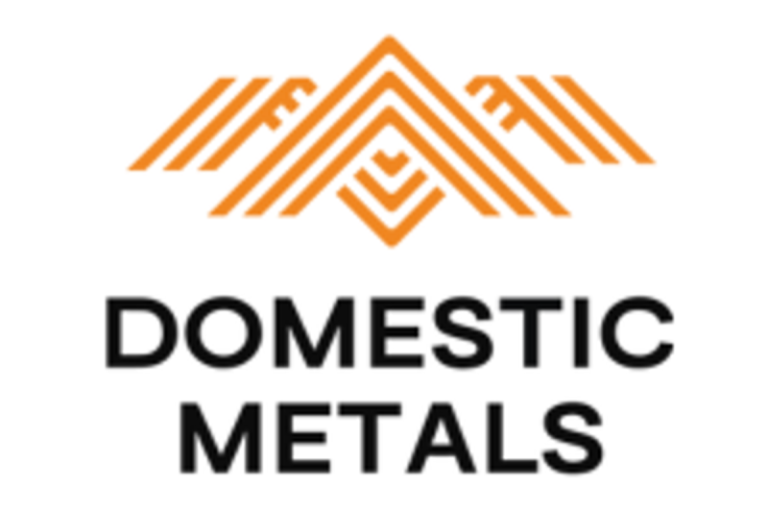
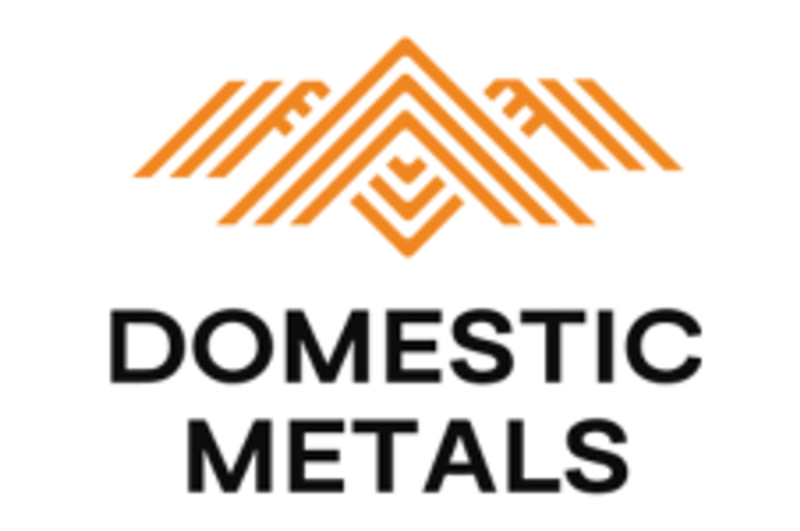

 , in compliance with the policies and guidelines of the TSX Venture Exchange and other applicable legislation. ICP will be paid a monthly fee of C$7,500, plus applicable taxes. The agreement between the Company and ICP was signed with a start date of January 23, 2026 and is for four (4) months (the ‘Initial Term’) and shall be automatically renewed for subsequent one (1) month terms (each month called an ‘Additional Term’) unless either party provides at least thirty (30) days written notice prior to the end of the Initial Term or an Additional Term, as applicable. There are no performance factors contained in the agreement and no stock options or other compensation in connection with the engagement. ICP and its clients may acquire an interest in the securities of the Company in the future.
, in compliance with the policies and guidelines of the TSX Venture Exchange and other applicable legislation. ICP will be paid a monthly fee of C$7,500, plus applicable taxes. The agreement between the Company and ICP was signed with a start date of January 23, 2026 and is for four (4) months (the ‘Initial Term’) and shall be automatically renewed for subsequent one (1) month terms (each month called an ‘Additional Term’) unless either party provides at least thirty (30) days written notice prior to the end of the Initial Term or an Additional Term, as applicable. There are no performance factors contained in the agreement and no stock options or other compensation in connection with the engagement. ICP and its clients may acquire an interest in the securities of the Company in the future.
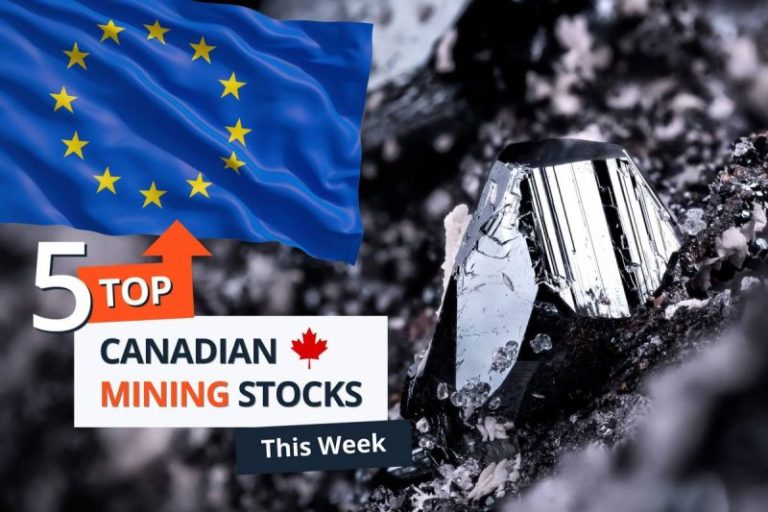


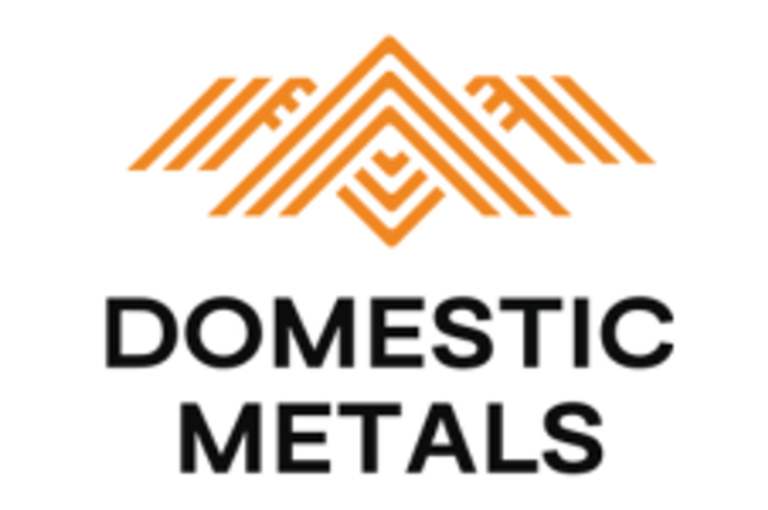
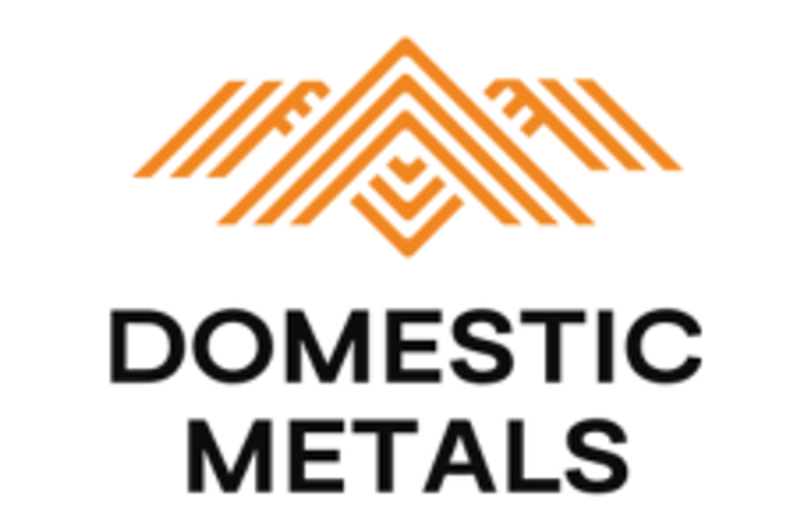
 , in compliance with the policies and guidelines of the TSX Venture Exchange and other applicable legislation. ICP will be paid a monthly fee of C$7,500, plus applicable taxes. The agreement between the Company and ICP was signed with a start date of January 23, 2026 and is for four (4) months (the ‘Initial Term’) and shall be automatically renewed for subsequent one (1) month terms (each month called an ‘Additional Term’) unless either party provides at least thirty (30) days written notice prior to the end of the Initial Term or an Additional Term, as applicable. There are no performance factors contained in the agreement and no stock options or other compensation in connection with the engagement. ICP and its clients may acquire an interest in the securities of the Company in the future.
, in compliance with the policies and guidelines of the TSX Venture Exchange and other applicable legislation. ICP will be paid a monthly fee of C$7,500, plus applicable taxes. The agreement between the Company and ICP was signed with a start date of January 23, 2026 and is for four (4) months (the ‘Initial Term’) and shall be automatically renewed for subsequent one (1) month terms (each month called an ‘Additional Term’) unless either party provides at least thirty (30) days written notice prior to the end of the Initial Term or an Additional Term, as applicable. There are no performance factors contained in the agreement and no stock options or other compensation in connection with the engagement. ICP and its clients may acquire an interest in the securities of the Company in the future.
